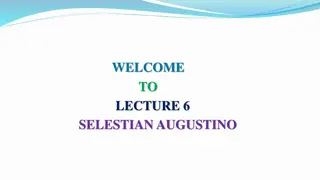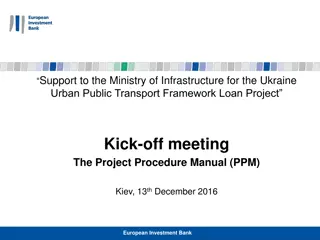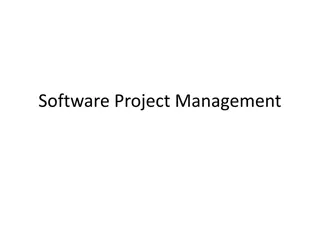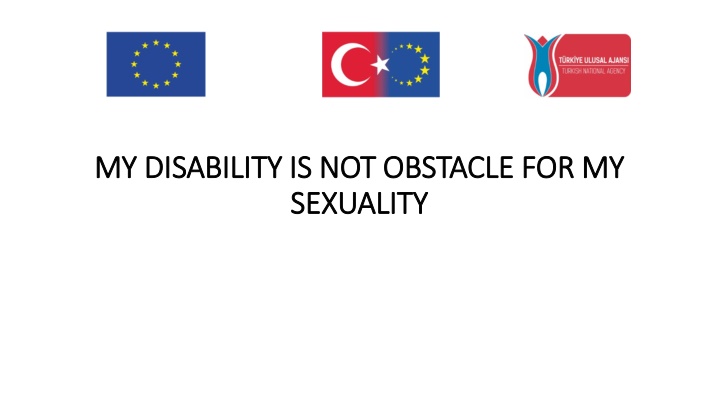
ARDA: Promoting Disability Inclusivity & Gender Equality
Explore ARDA's initiatives to break barriers, empower individuals with disabilities, foster gender equality, and enhance vocational training. Dive into language courses, environmental awareness projects, gender equality programs, and more. Stay updated with the latest news on projects like "Discover Your Talents and Remove Dis" for inclusive educational practices.
Download Presentation

Please find below an Image/Link to download the presentation.
The content on the website is provided AS IS for your information and personal use only. It may not be sold, licensed, or shared on other websites without obtaining consent from the author. If you encounter any issues during the download, it is possible that the publisher has removed the file from their server.
You are allowed to download the files provided on this website for personal or commercial use, subject to the condition that they are used lawfully. All files are the property of their respective owners.
The content on the website is provided AS IS for your information and personal use only. It may not be sold, licensed, or shared on other websites without obtaining consent from the author.
E N D
Presentation Transcript
MY DISABILITY IS NOT OBSTACLE FOR MY MY DISABILITY IS NOT OBSTACLE FOR MY SEXUALITY SEXUALITY
ARDA Beratung & Bildung GmbH, Taylorstr. 8A, 14195, Berlin, Germany Project coordinator: Dr. SUSAM D NDAR-I IK E-Mail: info@ar-da.de My Disability is NOT an obstacle to my Sexuality 2019-1-TR01-KA204-077450
ARDA BERATUND UND BILDUNG EDUCATION PROGRAMMES ACCREDITED BY THE GERMAN NATIONAL AGENCY SINCE 2010 K1, K2,K3 PROGRAMMES AND ERASMUS + PROJECTS
What ARDA specialises in Language courses Projects and seminars which aim to improve environmental awareness Workshops and meetings for encouraging non-governmental organizations to work in a more active and coordinated manner, Job and occupational analysis Courses and meetings designed to increase the numbers of the women working as managers Vocational qualifications
Various works aimed at promoting gender equality Preparation, implementation and improvement of modular vocational training programs Improving the standards of vocational trainings Credit transfer system in the European Qualifications Framework Assessment and evaluation in vocational training
- Latest news about the project "Discover Your Talents and Remove" Dis "in Your Ability" with EDIRNE Rehberlik ve Arastirame merkezi (Directorate of Guidance and research Center Edirne, Turkey) https://www.youtube.com/watch?v=L 8kIok--BLc&feature=youtu.be
Some of the projects ARDA has participated in 2014-1-TR01-KA102-000765 Life long skill education 2017-1-TR01-KA202-045736 Creating an applicable curriculum on occupational health and safety professionals Project No.: 2018- 1- TR01 KA204-058728 Discover your talents and remove dis in your ability.
Current Project Current Project My Disability is an NOT obstacle to my Sexuality 2019-1-TR01-KA204-077450
Number 227,150 Gender All Age* 0-19 Education Level All levels: Preschool to highschool graduation Year 2017/18 2,066 All 3-6 Preschool: Kindergarten/nursery and Vorklassen 2017/18 All 6-11 (6-13 in Brandenburg) Grundschule 83,307 2017/18 6,672 19,317 20,236 All All All 11-12 11-16 11-16 Orientierungstufe Hauptschule (lower secondary education) Schularten mit mehreren Bildungsg ngen (Schools with various educational backgrounds) 2017/18 2017/18 2017/18 8,148 7,702 50,066 All All All 11-16 11-19 11-19 Realschule (lower secondary education) Gymnasium (lower secondary education) Gesamtschule 2017/18 2017/18 2017/18 Data chart for moderate and severely disabled children in the German school system (excluding special needs schools known as F rdersch len ) Source: KMK (2019a); Statista (2018)
Number of moderate and severely disabled children in special needs Number of moderate and severely disabled children in special needs schools known as schools known as F rderschulen F rderschulen compared with number in mixed compared with number in mixed schools: 2013 to 2018 schools: 2013 to 2018 Number *Gender Age** Education Level Year All 0-19 All 544,630 2017/18 227,150 All 0-19 Mixed schools: - All levels: Preschool to highschool graduation 2017/18 317,480 All 0-19 All special needs schools 2017/18 517,384 All 0-19 All 2015/16 194,866 All 0-19 Mixed schools: - All levels: Preschool to highschool graduation 2015/16 322,518 All 0-19 All special needs schools 2015/16 500,544 All 0-19 All 2013/14 157,201 All 0-19 Mixed schools: - All levels: Preschool to highschool graduation 2013/14 343,343 All 0-19 All special needs schools 2013/14 Source: KMK (2019a;2019b;2016a;2016b;2014a;2014b)
Statistics: Challenges and Limitations Countrywide or city level autism statistics are not available in Germany and therefore we cannot provide statistics for this We were not able to find information about disabled people who were not in school Detailed information could be found on children in school, however, this data could not be separated by gender
Strengths of German policies (SWOT ANALYSIS) Since 2011 Sexual self-determination and the right to have a family for disabled people is enshrined in the German constitution BZgA has headed a number programmes since 2011 promoting information dissemination to disabled people on relationships and family planning they have also engaged in a more inclusive approach designing policies based on advice from NGOs and disabled people themseles Some states including Berlin, Hessen and Baden-Wuerttemberg have specific sex education programmes for disabled children in schools and integrate disabled students with non-disabled students in sex education classes Baden-Wuerttemberg includes topics on disability and body image in its general sexual education curriculum NGOs with partial state funding provide bespoke sexual counselling to disabled students (e.g. Profamilia)
Weaknesses of the German System Very limited data on number of children with autism and severity of autism (Umwelt Bundesamt, 2019) Statistics show that disabled still have much lower awareness of contraception despite being sexually active Guidelines vary from state to state and therefore there is no single sexual education curriculum - this means that whilst states like Baden W ttenburg, Berlin and Hessen have specific curriculums for disabled students, others do not. Other differences include states not including compulsory education about sexual orientation, and whether the family has a joint responsibility alongside the school for a child s sexual education Disabled children and adults still dependent on individual quality of private care and how this caters to their sexual needs
Opportunities Implement a countrywide curriculum for sexual education e.g. pertaining to family planning and sexual orientation. Properly training disability support staff in sexual education e.g. including topics of sexual education in the Ausbildung system (apprenticeships) Sexual education focused on the disability and on the strengths of disabled people rather than their weaknesses/limitations Create an open atmosphere where people with disabilities can express their needs and ask questions if they need it (for this it is necessary to have competent, well trained staff) Stop treating the sexuality of disabled as a taboo, and instead educating disabled people on contraception, thus reducing risks of unexpected pregnancies and STIs amongst disabled people
Threats In certain states of Germany the political will is not there to take away household responsibility and standardize education at a school level - this could be a continuing draw back of the federal system. According to research, disabled children show less awareness of methods of contraception, despite being sexually active (albeit at a lower rate) - this means a continuing threat to mental and physical health of individuals living with disabilities. Stereotypes persisting regarding sexuality of disabled people: either they cannot control their sexual desires or they have no sexuality at all Lack of focus on and awareness of autistic people may lead to lower a rate of diagnosis and thus sufferers not receiving a tailored sexual education towards their disability
"Supported by the European Commission within the scope of Erasmus+ / European Solidarity Corps. The content contained herein reflects the views of the author, and the European Commission and the Turkish National Agency cannot be held responsible for these views."

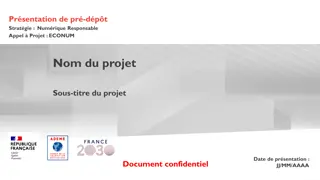
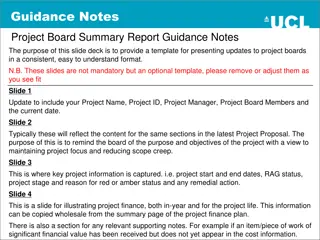
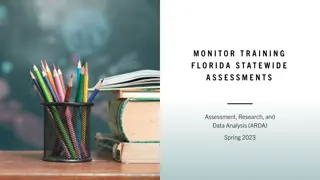
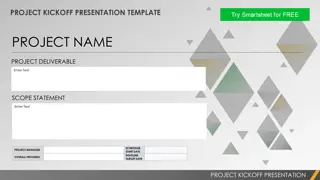
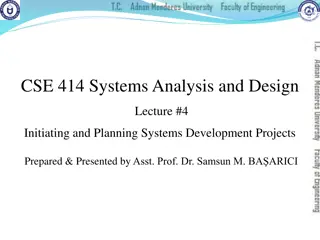
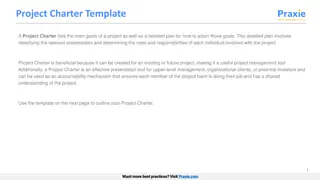
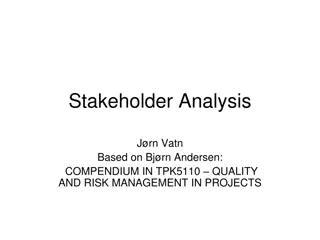
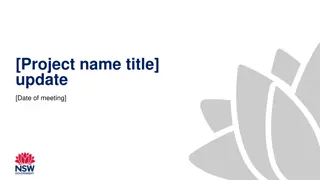


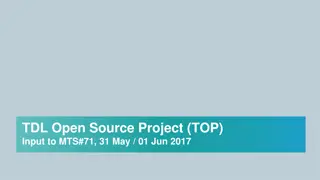
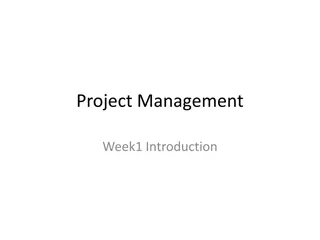



![Project Initiation Document for [Insert.Project.name] [Insert.Project.number]](/thumb/226757/project-initiation-document-for-insert-project-name-insert-project-number.jpg)
